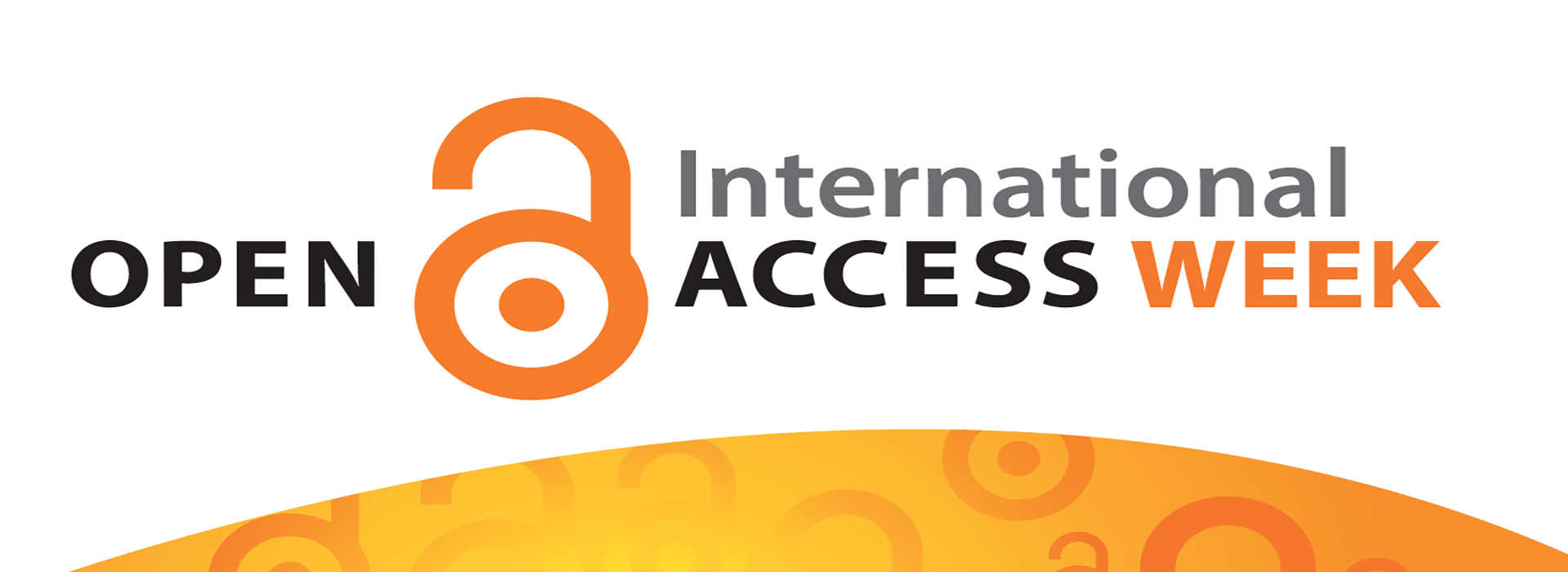
Warning: Undefined variable $post in /var/www/html/rc-ecampus.ecampusontario.ca/wp-content/themes/ecampusontario/functions.php on line 183
Warning: Attempt to read property "ID" on null in /var/www/html/rc-ecampus.ecampusontario.ca/wp-content/themes/ecampusontario/functions.php on line 183
6 min. Read
Open Access Week at the University of Waterloo
The week of October 23, 2017 was Open Access Week and I happily accepted an invitation to the University of Waterloo on October 25 to kick off its OA activities. Lauren Byl, Copyright and Licensing Librarian, a key member of the organizing committee at Waterloo, was my contact for the event and was the moderator for the morning sessions that kicked off with scene-setting keynote from me about making open the default for our thinking about curricular resource creation, adoption and adaptation
My slides are available from Slideshare.
An audience of about 40 faculty, students and staff participated throughout the morning and asked thoughtful questions about quality assurance, publishing workflows and licensing issues. They also talked about barriers to becoming more involved in open practice, such as a need for time and incentives and the lack of tenure policies to account for open teaching and resource creation. The audience also recommended additional training on optimal techniques for creating, editing or remixing open resources. It was a positive message for sure.
Following a short break in the program after the keynote, there was a very engaging faculty panel that provided perspectives from new instructors to long-time faculty veterans. They were all insightful, and it was a pleasure to hear about their experiences and the choices they made to benefit their students and their own teaching through the use of open resources and open practices.
Moderator, Lauren Byl asked the panelists 5 questions:
- What motivated you to use OER in your class?
- How did you go about finding OER content, and what criteria did you use to make your choices?
- What are the challenges or advantages in choosing and using an OER?
- What would you recommend to colleagues who want to start creating or using an OER in their teaching?
- What is your sense of students’ perceptions of OER? What kind of feedback have you received?
Each of the panelists came from different disciplines and their responses provided insights into the use of open educational resources in their courses. Here are some of the highlights:
- Allyson Giannikouris
- Allyson joined UW as a Lecturer in the Electrical and Computer Engineering department in 2015. She teaches courses for first, second and third year Mechatronics students. Allyson uses an OpenStax textbook for first year physics because it offered the same quality as available published resources while eliminating the need for students to purchase multiple textbooks.
- Eline Boghaert
- Eline Boghaert is a lecturer in the Chemical Engineering Department. She recently authored one of the three modules on the University of Waterloo Open Engineering site. The modules were funded by eCampusOntario and required an open license on the products of development, and it was clearly the funding incentive and the open licensing requirement that allowed these resources to have a wide audience
- Diane Williams
- Diane is a continuing lecturer, teaching courses in Human Health and Biology in the School of Public Health and Health Systems. She started using OER in a 3rd year course on Development, Aging, and Health back in 2014 because she couldn’t find one textbook that covered all of the topics to a sufficient level of detail and she didn’t think it was fair to ask her students to pay upwards of $150 for a book if she wasn’t going to use a significant portion of it. She pieced together readings and content from a free and open online Anatomy and Physiology Textbook from OpenStax (Rice University), journal articles, and YouTube videos. Diane is now working with the Centre for Extend Learning (CEL) to develop an online version of the course using the OpenStax textbook and other free content (carefully curated) from YouTube.
- Brian Forrest
- Brian is a faculty member in Pure Mathematics. Brian and his wife Barb have written an extensive set of course notes for their core course in Calculus which is now being used instead of a textbook. They have also produced several online courses with resources that they make freely available to students outside those courses
- Barbara Forrest
- Barbara is a faculty member in the Mathematics department. She has been teaching online classes in the Math Faculty since 2004. Over the past 15 years, along with her husband Brian, she has written course notes and Math labs for the courses that she has taught online. In September of 2017, Barbara began teaching a new online course, Math 137 Calculus for Honours Math students, and instead of using the standard textbook, the Math Faculty adopted the Forrests’ course notes that are available to over 1400 first year students for free as a PDF download or at the Bookstore for the cost of printing. Additionally, they have made over 70 online lectures available to accompany these course notes in a format that the students can view on their smartphones as well as laptops. All of their resources are available for free to any person who would like to access them. The Forrests are currently investigating how to join existing open access groups and the process/rules/legalities that accompany this endeavour. They are looking into the open licensing process for their resources.
The morning concluded with very crisp presentations by Kathryn Blair, Copyright Specialist, in the Centre for Extended Learning, and James Skidmore, faculty member in German Studies.
Kathryn provided an overview of open licensing, and more importantly how to use open licensing effectively if you are planning to use existing Creative Commons licensed resources, or share your own resources with others. I have attended quite a few licensing seminars in past, but none as clearly presented in such a short period of time as the session Kathryn presented. It was very useful to the audience to hear. Bravo!
Skid’s presentation was unique for the event, and likely very useful for others to hear in future. The course he teaches has no textbook so he uses the open Internet as the source of materials for his students. To account for this practice, he uses a rubric to guide student work to ensure that their work on the Net in the context of his course relates directly to its learning outcomes and academic expectations he has for the research, analysis and writing that his students complete. It was very refreshing take on how to use the Net effectively as an open practice strategy in higher education courses.
In summary, Open Access Day at the University of Waterloo provided a range of opportunities for faculty and students to interact with colleagues and resource persons to get their questions answered about open educational resources (OER) and open educational practices. Everybody went away with their batteries recharged, and it was fun.
A big thank-you to the University of Waterloo organizers.
Written by: David Porter, CEO, eCampusOntario


